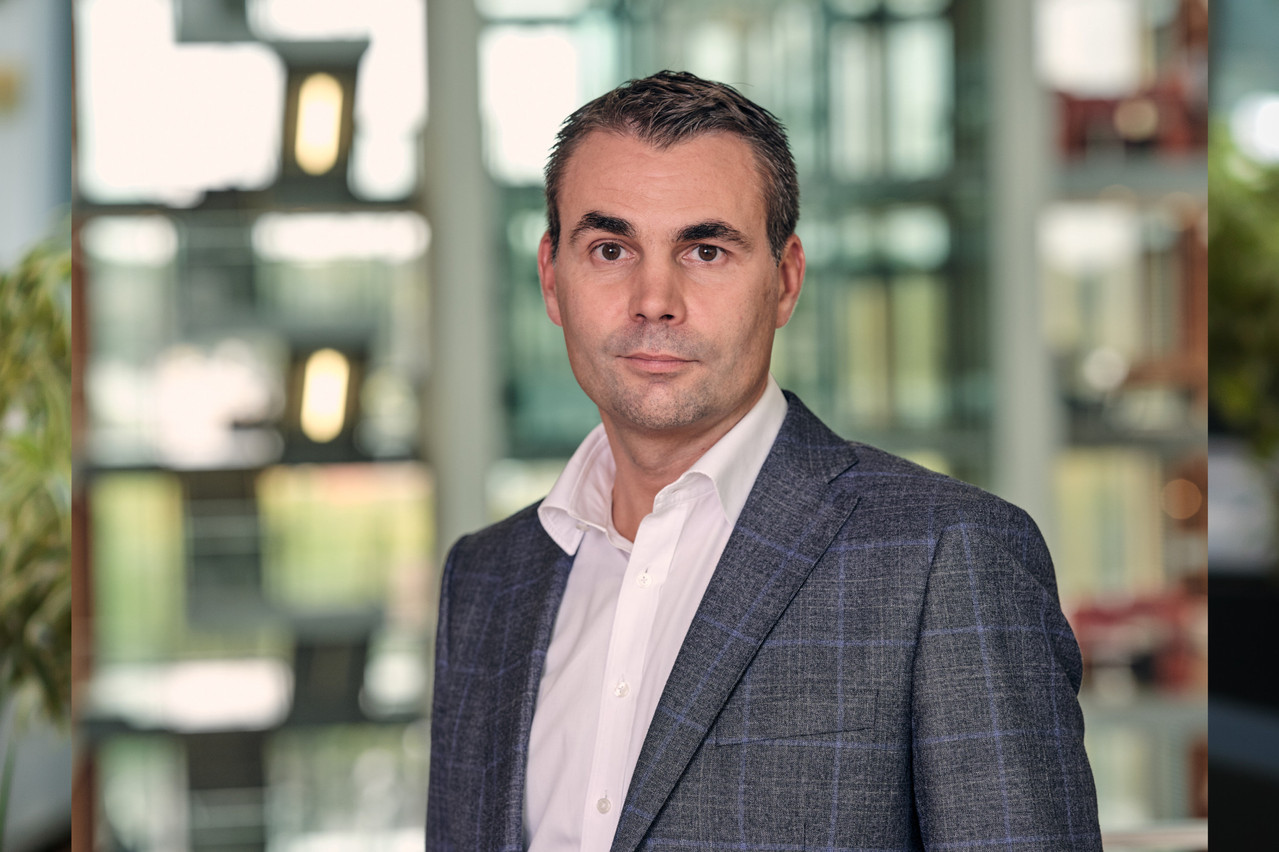2021 will have been “a year of success” for Luxembourg management companies according to Pierre-Marie Bochereau, director and management company coordinator at PwC Luxembourg. “While the challenges are numerous and the industry is evolving rapidly, mancos have demonstrated an incredible ability to adapt by developing their business models and turning regulatory changes into business opportunities. The year 2021 has again ended with a series of records,” he says.
One of these records is that of assets under management, which reached €5,314bn, an increase of 22% over one year. This increase was driven by alternative assets--both regulated and unregulated--which rose by 41% over the year. Traditional assets (Ucits) grew by 16%. In absolute terms, Ucits management companies have €3,971bn of assets under management and alternative management companies €1,343bn.
The dynamism of alternative assets
There are currently 305 active mancos in the market--nine less than in 2021. Since 2020, 13 new players have established themselves on the market. Twelve of these are alternative investment managers.
The three largest management companies active in the market are J.P. Morgan Asset Management (Europe) with €432.958bn assets under management; followed by DWS Investments (€317.045bn) and UBS Fund Management (€255.339bn). Average AUM reached €87.707bn. These companies manage an average of 57 funds, ranging from one fund to 390.
In the ranking of alternative asset management companies, Universal-Investment-Luxembourg came out on top (€786.571bn), followed by EQT Fund Management (€75.383bn) and Hauck & Aufhäuser Fund Services (€70.534bn). On average, alternative asset management companies have €9.424bn of assets under management in the market.
“The increase in alternative assets was mainly driven by the continued success of unregulated assets since 2016 with the modernisation of the product offering through the creation of an unregulated AIF scheme--the Raif--in 2016 and the creation of the limited partnership scheme (SCSp) in 2017. These structures are by far the most used products by AIFMs. The dynamism of alternative investments was characterised by a wide range of investment strategies deployed in 2021, mainly private equity, real estate, funds of funds and private debt,” explains Bertrand Jaboulay, partner and management company leader.
Operational challenges
By 2021, employment in management companies increased by 7% to 6,581 people. This increase was driven by a 16% rise in hedge fund managers and a “continued need for mancos to maintain adequate substance,” the study says. AIFM employed 1,497 people at the end of 2021.
Finding the right people is a challenge for asset management companies. So are ESG and digital transformation.
In terms of ESG, 37% of the assets managed by mancos meet the criteria of articles 8 and 9 of the SFDR (Sustainable Finance Disclosure Regulation). The players estimate that they will reach 45% within 12 months and 60% within two years. Mancos say they face difficulties due to a lack of clarity in the applicable rules. They point to three main challenges: the risks associated with data (inaccuracy, misalignment or unavailability), the non-harmonised framework for sustainable finance and the impact of the costs associated with researching, collecting and reporting data.
Digital transformation as a process to increase the efficiency of their operations and provide better information to their customers is at the top of the agenda for players. 40% of the mancos surveyed in the study say they intend to significantly increase (by at least 10%) their long-term investments in this area.
30% of them allocate a budget of between €100,000 and €500,000 to digital transformation. For 45% of them, the digital transformation budget represents between 5% and 10% of their total costs.
This article was first published in French on . It has been translated and edited for Delano.
